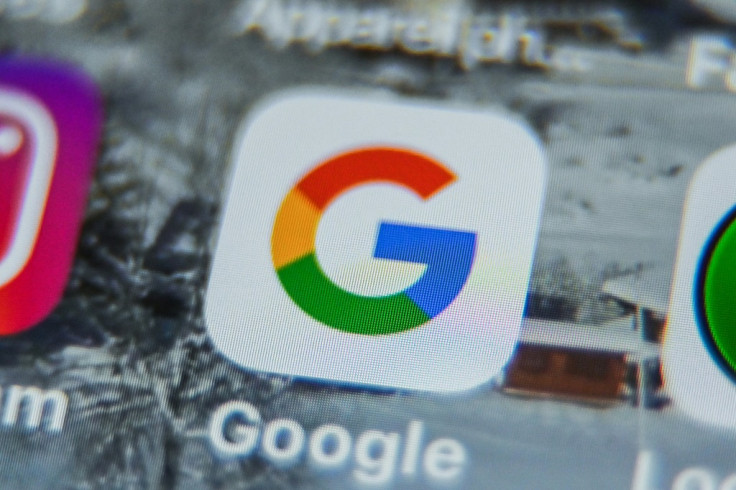Google's AI-driven news tool Genesis sparks debate on journalism's future
Google's AI-powered news tool, Genesis, garners mixed reactions among news organisations, sparking debates on journalism's future, with concerns over accuracy, AI's role, and data privacy.

Google is currently testing a revolutionary product known as 'Genesis' which utilises artificial intelligence (AI) technology to generate news stories.
Sources familiar with the matter have revealed that Google has approached prominent news organisations, including The New York Times, The Washington Post, and News Corp (the owner of The Wall Street Journal), with a proposition to incorporate this cutting-edge tool into their newsrooms.
While some executives have praised the potential of Genesis to streamline journalists' tasks, others find the idea unsettling, fearing that it may compromise the essence of accurate and artful news reporting.
Internally referred to as Genesis, the AI-powered tool developed by Google is designed to absorb information on current events and generate news content autonomously. The goal is to provide news organisations with a personalised assistant for journalists, automating certain tasks to free up time for more in-depth reporting.
Google envisions Genesis as a responsible technology that can help steer the publishing industry away from the pitfalls of generative AI, a report by the New York Times stated.
However, not everyone is enthusiastic about Google's latest innovation. Some executives who witnessed the pitch have expressed concerns, emphasising the effort required to produce accurate and compelling news stories. The technology's potential to replace human journalists in crafting nuanced and culturally informed narratives also raises anxieties among industry professionals.
As per the report, Jenn Crider, a spokesperson from Google, has stated that their intention is to partner with news publishers, particularly smaller ones, to explore ways AI-enabled tools could support journalists in their work. However, questions persist about the role of AI in shaping headlines and other writing styles.
In parallel to Google's Genesis, a new generation of chatbots powered by artificial intelligence has emerged. Notable among them are ChatGPT from OpenAI, Bing from Microsoft, Bard from Google, and Ernie from Baidu.
These chatbots exhibit various capabilities, from responding to complex questions and generating code to answering questions with facts or opinions. While these chatbots demonstrate impressive feats, industry experts caution against viewing them as replacements for human journalists and emphasise the importance of journalistic integrity in reporting.
As AI technology continues to advance, news organisations around the world grapple with the decision of incorporating AI tools in their newsrooms. Major media outlets, including The New York Times, NPR, and Insider, have expressed their intention to explore the responsible application of AI in the fast-paced realm of news reporting, where speed and accuracy are paramount.
AI has already found a place in some newsrooms, with tools like Google's chatbot Bard being used by organizations such as The Associated Press to generate stories, particularly on corporate earnings reports. However, AI-generated content remains a small fraction compared to stories produced by human journalists. The concern is that the widespread use of AI for news generation, without rigorous editing and fact-checking, could lead to the spread of misinformation and impact the credibility of traditional journalism.
While Google has been rapidly developing and deploying generative AI, the technology presents challenges for the advertising giant. Traditionally, Google curated information and directed users to publishers' websites for more content. However, AI-driven tools like Bard present factual assertions that can sometimes be incorrect, and they may not lead users to more authoritative sources, such as news publishers.
Governments around the world have also been involved in the AI news landscape, pressuring Google to allocate a larger share of its advertising revenue to news outlets. Initiatives like Google's News Showcase programme have sought to form partnerships with news organisations in various countries.
Despite these efforts, some publishers and content creators criticise major AI companies like Google for using their decades of articles and posts to train AI systems without fair compensation, prompting concerns about data privacy and ethical AI practices.
Google's testing of Genesis, an AI-driven news tool, has sparked intense debates within the journalism community. While the promise of streamlining tasks for journalists is alluring, concerns about preserving journalistic integrity and avoiding misinformation persist.
© Copyright IBTimes 2025. All rights reserved.






















